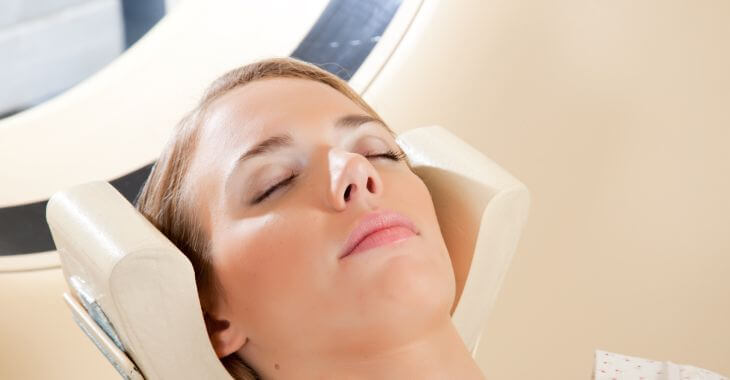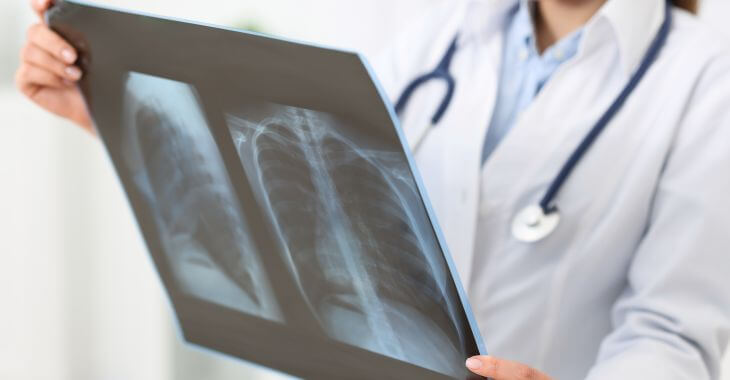Myths About Breast Cancer
Breast cancer awareness has improved over the last few decades, leading to an increased occurrence of early detection and survival of this deadly disease. However, there are still many myths about breast cancer that still are commonly believed even with a concentrated effort to educate the population. Here are some of the common myths that surround this disease.
- Painful breast lumps are not cancer. While many cancerous breast lumps are not painful, this is not always true. In some cases, these lumps are tender and painful. Any lump in the breast should be examined by a doctor.
- Only women with a family history of breast cancer are at risk. Even if no one in a family has had breast cancer, that does not mean decedents are not at risk. Anyone can become a victim of breast cancer, even men.
- Breast implants increase risk of cancer. There is no evidence that implants can increase the risk of breast cancer. However, the implants can affect the imaging used to scan for early signs of breast cancer, so extra x-rays may be needed during routine mammograms.
- Women with small breasts are less likely to get cancer. There is no known connection between breast size and breast cancer.
- Being overweight does not increase your risk of breast cancer. Women who are overweight, especially those who gained weight later in life, do have a higher risk of breast cancer.
These are just a few of the myths that surround breast cancer. To learn the facts, talk with your doctor about breast cancer and early detection, including the importance of regular mammograms at a qualified radiology clinic specializing in breast cancer detection.
Posted on behalf of:
Diagnostic Radiology Ultrasound & Breast Center, P.C.
Mount Vernon Medical Center
755 Mount Vernon Highway Northeast #310
Atlanta, GA 30328
(404) 252-3430
The information provided on this website, including text, graphics, images, and other materials, is intended solely for informational purposes and should not be used as a substitute for professional medical advice, diagnosis, or treatment.


)